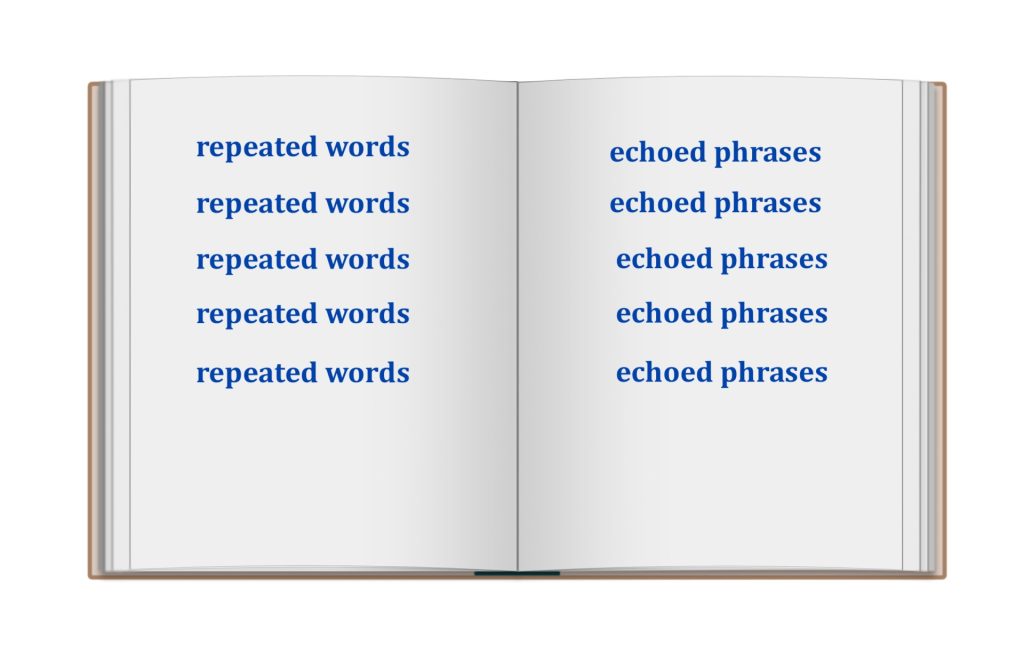
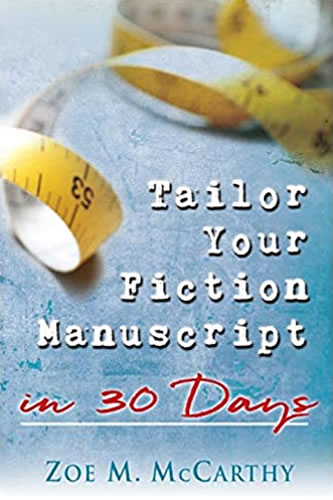
A concise, detailed, step by step resource for all writers. — Jamie West, editor coordinator, Pelican Book Group
Learn more at the end of the post.
After I’ve performed my own edit of a scene, I use ProWritingAid’s Echoes and Overused reports for an added look.
The Echoes option highlights exact words or phrases repeated in a paragraph or nearby paragraphs. Since many Echoes are not a problem, I look for the underlined words or phrases that pop out. I’m surprised I didn’t notice them on my personal edit.
Overused words are more often words such as: then/just, could, would, feel, believe/think, maybe, knew/know. Unlike Echoes, any form of the Overused words is underlined. This ProWritingAid report suggests how many uses of each Overused word to remove.
Improve Dialogue
People say sentences like, “I think you should do that.” We also think: Well, I thought it was a good idea. The ProWritingAid reports often tag I think and I thought as Echoes or Overused. They are usually unnecessary.
Examples of common echoes and overused words in dialogue:
Original:
“I think I was just scared he would dump me, and I would feel alone. I need to feel better about myself. And I would be able to feel better if I took a class on building confidence. I need to search online for a class. I think that would help me in my relationships, don’t you? Then I could just get on with my life in confidence.”
I ran this paragraph through ProWritingAid’s Echoes and Overused reports.
Echoes:
I think
to feel better
I need to
a class
just
confidence
would (I added this one.)
Overused:
feel/feels/feeling/felt (suggested removing 2 of 3)
just/then (suggested removing 2 of 3)
believe/think (suggested removing 1 of 2)
would (I added this one.)
Better:
“I was scared he’d dump me, and I’d feel alone. If I took a class on building confidence, I could learn techniques to have faith in myself. I’ll search online for a course. Don’t you think a workshop on self-assurance will help me in my relationships and in becoming a happier woman?”
Improve Narrative and Reflection
Editing narrative and reflection is a good time to click on repeated words and bring up your word-processing thesaurus.

Example of echoes:
Original:
Grady stepped toward the parking lot, shaking his head. Jill kept pace with him. Maybe it was better they kept walking. If he gave the reporters a bite, they’d circle like sharks and follow him all the way to the parking lot.
A blonde stepped in front of Grady and thrust a mic toward his face. “Was the crash pilot error?”
He kept walking with a slight limp. The reporters and cameramen followed. They weren’t going to leave him alone. And Grady’s determined gait might damage his stitches. Not good.
The ProWritingAid Overused report found no overused words. Here are the results from the Echoes from review.
Grady
stepped
toward
the parking lot
kept
kept walking
(The report didn’t note follow and followed because they are not exact matches, but we could address them also.)
Better: (I’ll underline replacements.)
Grady limped toward the parking lot, shaking his head. Jill kept pace with him. Maybe it was better they continued walking. If he gave the reporters a bite, they’d circle like sharks and trail him all the way to her Jeep.
A blonde stepped in front of Grady and thrust a mic inches from his face. “Was the crash pilot error?”
He trod forward with an uneven gait. The reporters and cameramen followed. They weren’t going to leave him alone. And Grady’s determined stride might damage his stitches. Not good.
So scan your dialogue, narrative, and reflection paragraphs, and search for the common overused words listed above and the repetition of exact words and phrases. Use a thesaurus to help you freshen your paragraphs.
What are other common overused words?

Zoe McCarthy’s book, Tailor Your Fiction Manuscript in 30 Days, is a fresh and innovative refocusing of your novel or novella. Through a few simple—and fun—steps, Zoe helps writers take their not-ready-for-publication and/or rejected manuscripts to a spit-polish finish. Writing is hard work, yes, but it doesn’t have to be difficult.
—Eva Marie Everson, best-selling and award-winning author, conference director, president of Word Weavers International, Inc.


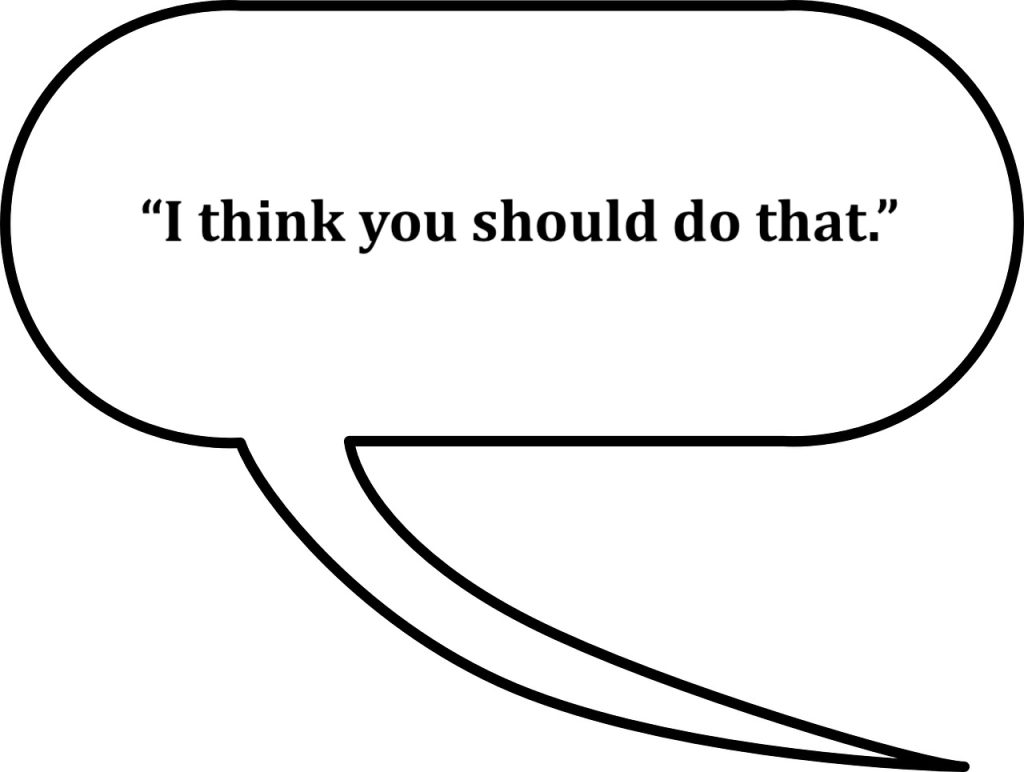
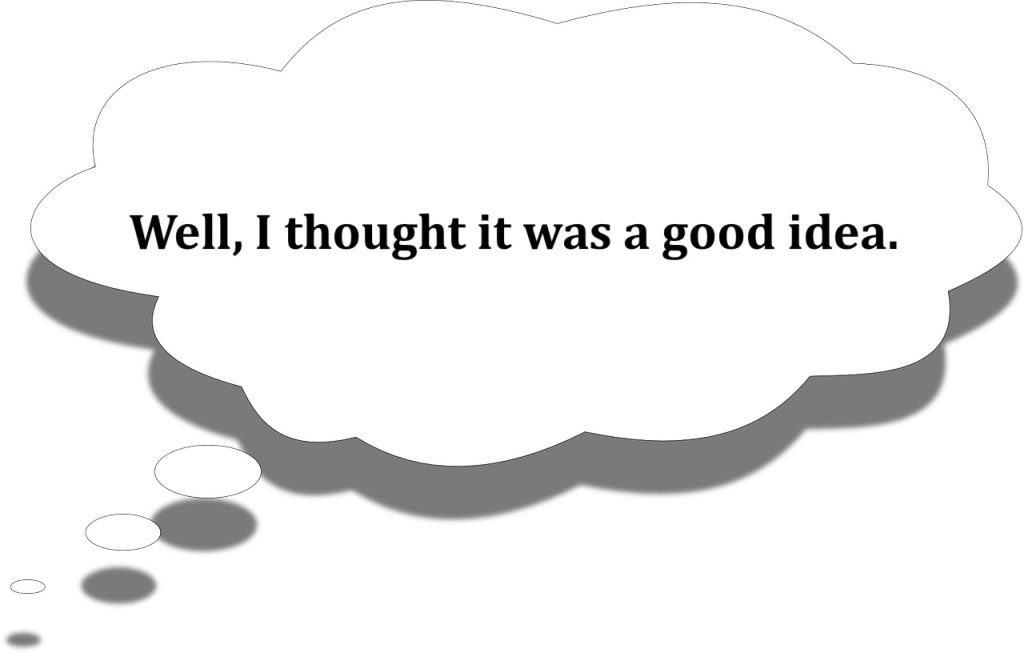
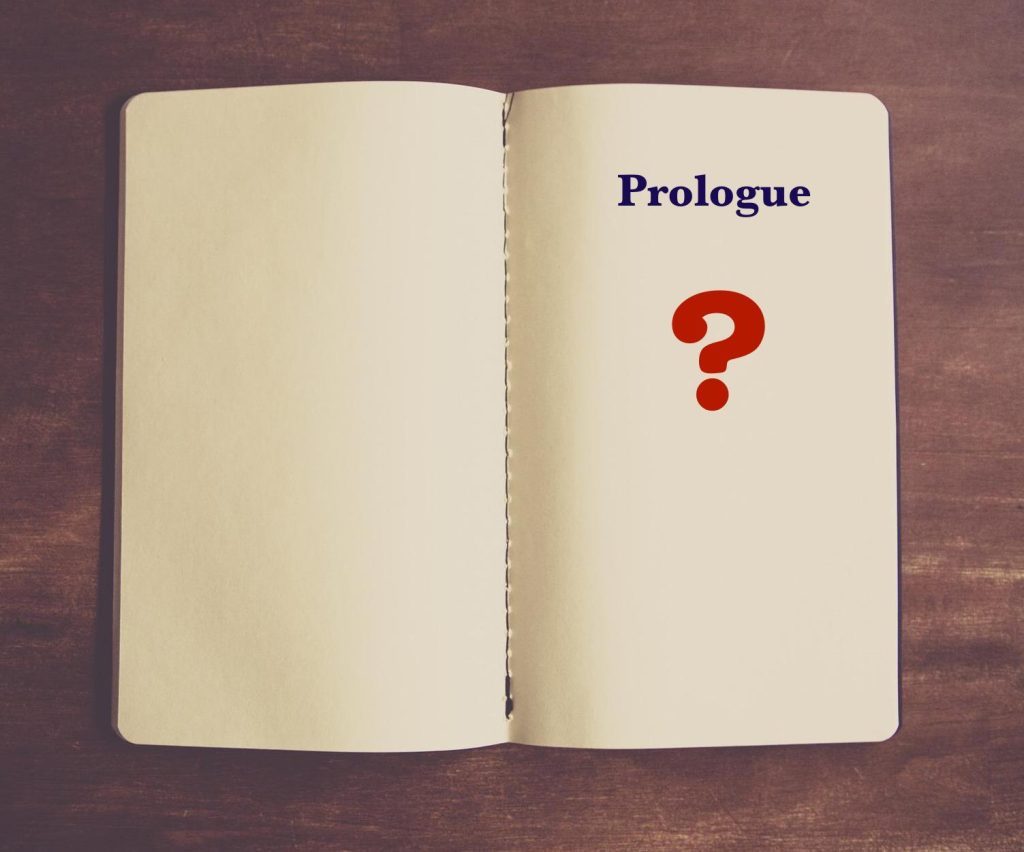






 RSS - Posts
RSS - Posts